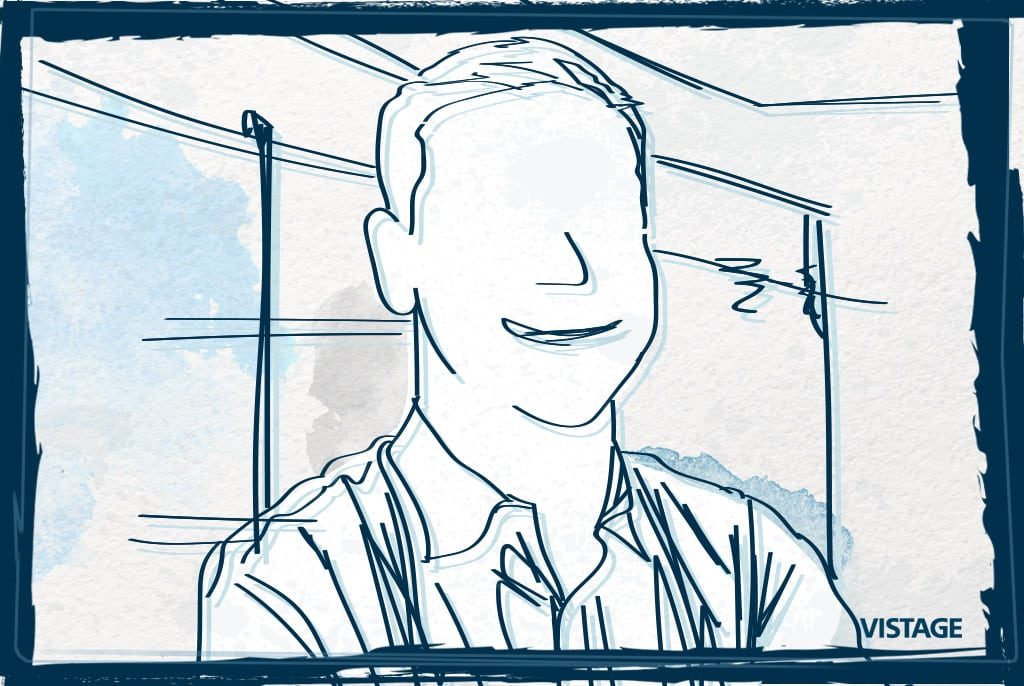Creating a cleaner, greener future: How a chemical products company shows love for the planet and its people

A company using trucks to spray mosquito-killing chemicals seems an unlikely steward of the environment. But in 2015, this is precisely how Illinois’ top sustainability officials described St. Charles-based Clarke after winning the Governor’s Sustainability Award for the second time in three years.
Their renovated 27,000-square-foot, open-concept facility, which is surrounded by restored native prairie grass, is 20-to-30-percent powered by renewable energy. In the course of the renovation of their new home, they diverted 95 percent of their waste from landfill, recycled concrete, initiated an electric car-sharing program for employee carpooling and installed waste recycling stations throughout the building, and even establish six raised bed gardens for employee consumption.
But these sweeping, transformational changes have not always been a part of Clarke business practice or culture. In fact, back in 2008, there was no bottom-line catalyst for CEO and President J. Lyell Clarke III to do anything differently. His third-generation family operation was a market leader and widely respected in their industry and community. While everything looked great from the outside, Lyell Clarke was experiencing a convergence of personal and professional changes that would permanently alter the way his company did business.
Among those shifts, and perhaps the most profound, was a little Russian boy, whom Clarke and his wife had adopted.
“Joseph was 18 months old when he came to the States. He also had some significant health challenges. We were able to give him good food, medical attention and love. Now, he’s a thriving 10-year-old.”
As his son got healthier, Lyell found himself in several situations that kept his mind on how he could make a greater impact in his business. Just as his company was rolling out its first OMRI Listed mosquito control product that could be used in and around organic farms and gardens, he went to a 2 ½-day Vistage-sponsored event that was about exploring new possibilities and directions. He was also reading Chris Laszlo’s book, “Sustainable Value”, which explores how some of the world’s most profitable businesses are integrating core practices that promote environmental and social responsibility.
The Millennial generation was also weighing heavily on Clarke’s mind. He knew their value system was different. For them, working at a purpose-driven organization is often more desirable than a big paycheck. He knew that for his company to remain competitive, nothing short of a cultural sea change would do.
So in late 2008, the makeover began with Lyell handing his vision over to all of the employees to “figure out.” That moment ignited a cultural shift for the company. Engaging with their feet and ideas, employees started small by replacing trucks with bicycles and more fuel-efficient vehicles, converting paper invoices, statements and proposals to digital documents and reducing their waste, as well as changing how they disposed of it. Before long, the flurry of seemingly moderate changes had created huge gains, with nearly a million dollars saved in a span of a few years by reducing energy-related costs and the company’s carbon footprint by 30 percent. For Clarke, though, the bigger payoff is his happy, productive workforce and how it has impacted recruiting.
“One of largest costs for an employer is recruiting,” Clarke says. “If you’re not positioning yourself for the future, those costs will go up or you will lose people because the only thing you have to offer is money.”
One of the many ways Clarke reinforces that message is by shutting down for a full day every year. Employees head out into the field to work on environmental projects in communities the company serves. It’s called their Day of Caring program and more than 90 percent of the staff participates.
Additionally, Clarke has created gardens at nearly every office where employees tend them, growing fruits and vegetables for the staff to eat. They’ve also launched their One for Tomorrow program, which gives 1 percent of revenues from their NextGen ‘sustainable’ products to support organizations that are striving to restore and protect the environment.
Their reach extends beyond the walls of their offices, too. In re-branding itself as a public health company, Clarke is on a mission to help communities around the world become more livable, safe and comfortable. As such, they have developed valuable relationships with large multinational powerhouses who share their values. They have worked with the Carter Center and were part of an effort that stemmed the transmission of a vector borne disease in one African state. They’ve also received a grant from the Bill & Melinda Gates Foundation to develop a new innovative way of controlling mosquitoes that transmit malaria, one of the most severe public health problems worldwide.
Lyell Clarke credits Vistage with helping him become the leader needed for carrying this vision forward. While the ‘possibilities’ meeting he attended was a key turning point for him, the ongoing monthly support he receives from his group gives him new tools that fit his style.
“I’m always growing. Vistage has given me confidence, as a leader, to be myself and to do what is important to me,” he elaborates. “There is no wrong or right leadership style—it’s whatever works for you.”
Category: Innovation
Tags: Accountability, Culture, Green Business, Hiring, HR, Human Resources, Innovation, Millenials, Vistage International, Vistage Worldwide

